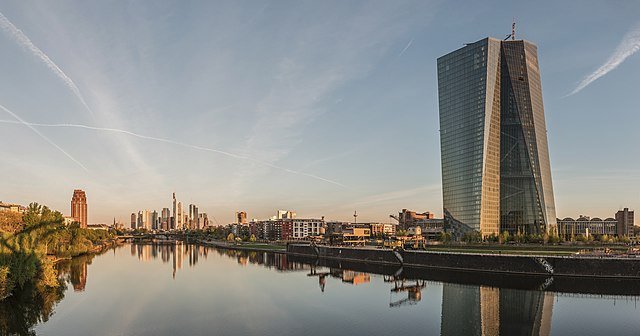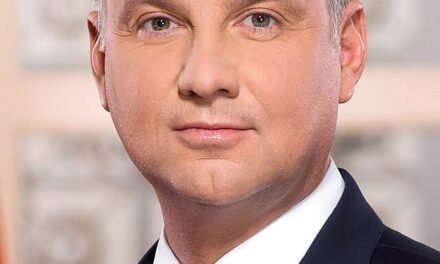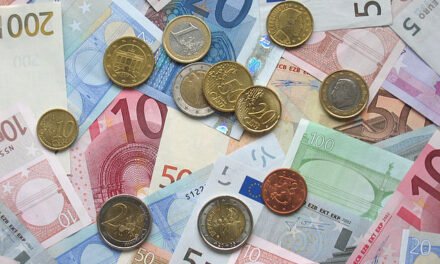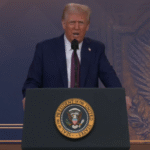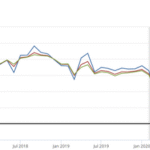In Sofia’s bustling markets and quiet mountain villages, a seismic shift is coming: Bulgaria will ditch its lev for the euro on January 1, 2026, after the European Commission and European Central Bank gave their approval today. The decision marks a historic milestone for the EU’s poorest member, making it the 21st nation to join the eurozone. But as the country prepares for its biggest currency change since 1881, Bulgarians are split—some see a brighter economic future, while others brace for rising prices and a loss of national identity.
The road to the euro has been long for Bulgaria. Since joining the EU in 2007, the nation committed to adopting the single currency, with its lev pegged to the euro at 1.95583 since 1999, a move that curbed the hyperinflation of the 1990s. Today’s convergence reports from the European Commission and ECB confirm Bulgaria meets the Maastricht criteria: inflation at 2.7% (just below the 2.8% threshold), a budget deficit of 3.0% in 2024, public debt at 24.1% of GDP—well below the 60% cap—and stable exchange rates. “This is a key milestone,” said a Commission official in Brussels, praising Bulgaria’s fiscal discipline. The euro promises lower borrowing costs, smoother trade, and a voice in the ECB’s rate-setting council, a boon for a nation eager to close the wealth gap with Western Europe.
For some, the news is a cause for celebration. In Plovdiv’s thriving tech hub, entrepreneur Maria Georgieva sees opportunity. “The euro will make it easier to attract investors and sell abroad,” she said, her laptop open to a spreadsheet of expansion plans. Tourism, a lifeline for Bulgaria’s economy, could also soar. “Foreigners won’t need to exchange money, and that’s a big win for our hotels,” said Dimitar Kostov, who runs a guesthouse in Bansko’s snowy hills. Finance Minister Temenuzhka Petkova echoed this optimism, announcing a campaign to educate citizens. “The euro will strengthen our economy and save businesses over 1 billion lev annually on conversion costs,” she said at a recent press conference.
Yet, not everyone’s cheering. In rural areas, where pensions stretch thin, fears of price hikes loom large, fueled by Croatia’s 2023 euro switch, which saw costs rise for everyday goods. “My bread and milk will cost more, but my income won’t,” said Elena Stoyanova, a 70-year-old retiree in a Varna market, clutching a worn purse. Polls show 50% of Bulgarians oppose the euro, up from 46% last month, with distrust rooted in the country’s history of corruption and a 1996–97 crisis that left savings worthless. Nationalist voices, like those from the pro-Russian Vazrazhdane party, have fanned the flames, with recent protests in Sofia decrying the euro as a threat to sovereignty. President Rumen Radev’s call for a referendum to delay adoption was shot down by parliament, which accused him of stirring fear.
The euro’s arrival carries big stakes. Economists predict it will boost trade and tourism, with Bulgaria’s 2024 GDP growth of 2.7% expected to hold steady. But experts like Sofia-based analyst Ivan Krastev warn of risks: “A one-off price spike is likely, especially for poorer households.” Croatia’s experience suggests a minor inflation bump, under 1%, but in a country where 31% of people lack basic digital skills, misinformation about savings losses or forced spending deadlines has spread like wildfire. The government plans a one-month dual-currency period and a year of dual pricing to ease the transition, with Bulgarian euro coins featuring the Madara Rider and Cyrillic script to honor national pride.
Challenges remain. Bulgaria’s rule-of-law issues, including corruption and judicial independence, drew cautious notes from the ECB, which urged reforms to ensure competitiveness. Overheated real estate and rising wages could also spark imbalances. “We need stability to make this work,” said Krastev, pointing to political turmoil that delayed earlier euro bids. The government is now racing to prepare, with ATMs set to dispense euros and starter coin kits planned for late 2025.
As Bulgaria stands on the cusp of change, questions linger. Can it overcome public skepticism and keep prices in check? Will the euro bridge the gap to Western Europe or deepen divides at home? For now, the nation holds its breath, ready to trade the lev’s legacy for a new chapter in Europe’s currency union.

